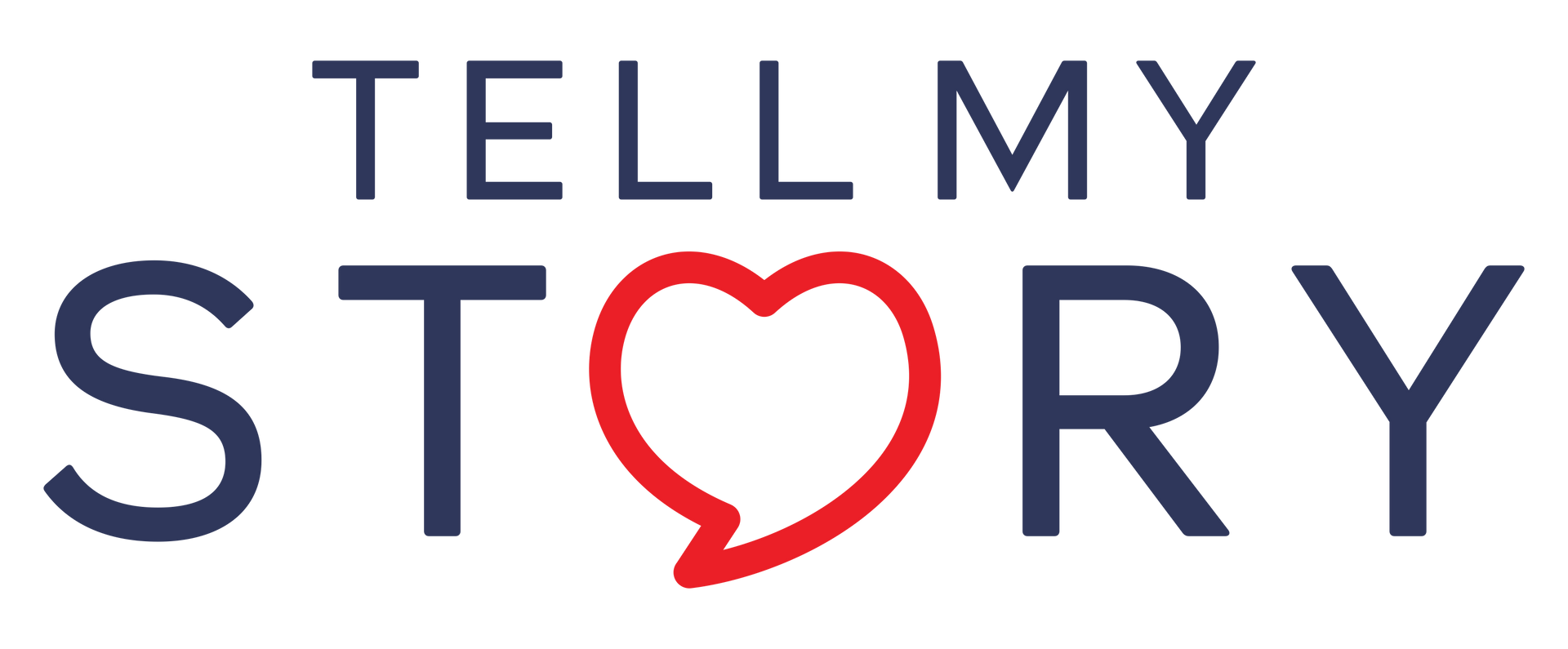Social Media
Social Media and Mental Health
Navigating the internet and using social media can be a nightmare for kids, from cyberbullying to FOMO (fear of missing out) and cruel comments to seeing inappropriate sexual or violent images. Things we never had to worry about as parents, like an intimate photo texted to the entire school or Instagram videos of a birthday party we weren’t invited to, are now putting our kids at risk for mental health issues.
When used in moderation, social media can have a positive effect on how kids feel and help them connect to others who they can relate to. It can also help them make and keep good relationships, boost self-esteem, inspire creativity, and find help when they need it. However, looking at how social media behaviors correlate with mental health symptoms, we see that more time spent using social media is tied to an increase in poor mental health.
Kids who spend 10 or more hours per week on social media are less happy than those who spend less time. They also experience higher levels of anxiety. Taking regular breaks away from social media platforms can help teens focus on their own strengths and accomplishments, allowing them to gain the confidence they need without comparing themselves to others in a destructive way.
The world of social media can be a difficult one for teens to navigate, particularly when it comes to how they view themselves in comparison to others. When adolescents scroll through their social media feeds, they often only see the “highlight reel” or best versions of the people they follow. This pressure of comparison can lead to depression, anxiety, and feelings of worthlessness. They feel isolated and assume other people have everything together, but in reality, this is rarely the case. They are constantly bombarded with images of success and perfection, which can cause them to hold themselves to unreal beauty, wealth, and success standards.
While social media can be detrimental to mental health if used without caution, it isn’t all bad. Many teens say that connecting online with friends and counselors has helped them cope with their isolation and loneliness during the pandemic. For many kids, TikTok dances and cat face filters have been an emotional lifeline. Our challenge, as parents and as a society, is to preserve what’s good about these platforms and apps while taking action when social media goes bad.
As parents in the digital age, it’s important to know both the benefits and risks of letting our kids use technology and social media. This will help us support their mental health while they use the internet in a responsible way.
Things to consider:
- Have regular conversations with them about the internet
- Set limits on usage and monitor activity
- Model appropriate tech usage
- Create healthy boundaries and set limits
- Encourage involvement in activities they enjoy outside of the digital world
- Seek professional help if necessary
It’s important to keep talking about how social media affects the mental health of kids and teens. By educating ourselves, we can better understand how to protect our younger generations from these potential dangers. We can do this by providing them with the tools they need to confidently navigate the online world.
Kids need to remember that social media is not a replacement for real-world connections. But when used in moderation and with the right precautions, it can be a good way to improve mental health. In the digital age we live in now, it is up to parents, mental health professionals, and teachers to make sure that we support our children’s mental health.
It is also important to give kids a place where they feel safe and supported and where they can say what they think and feel without fear of being judged. By taking steps to address this issue, we can ensure that our younger generations receive the support they need to develop strong mental health and well-being.

